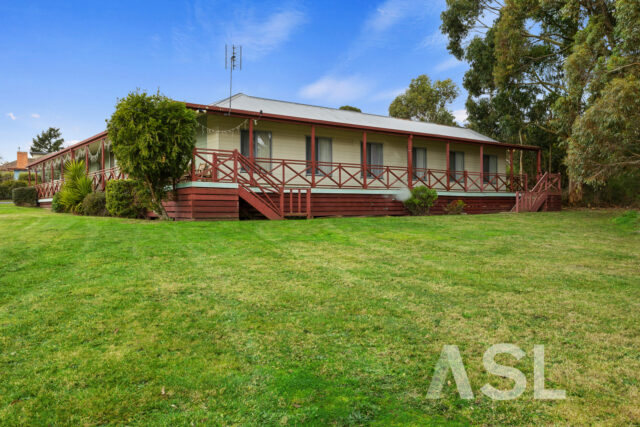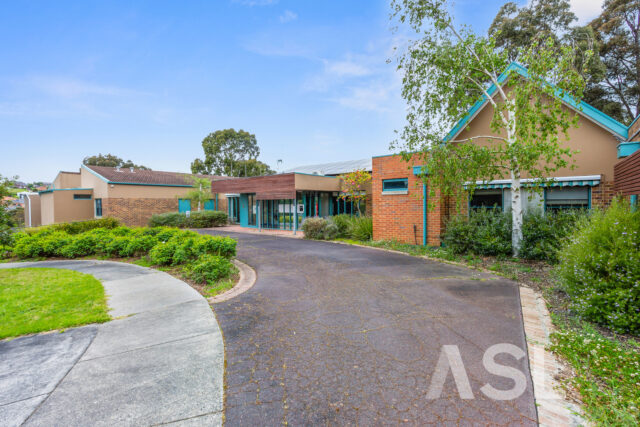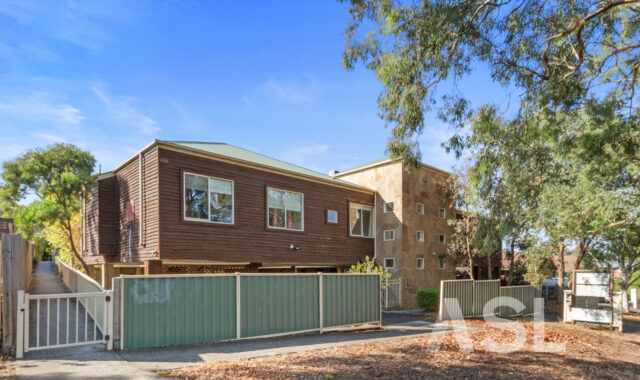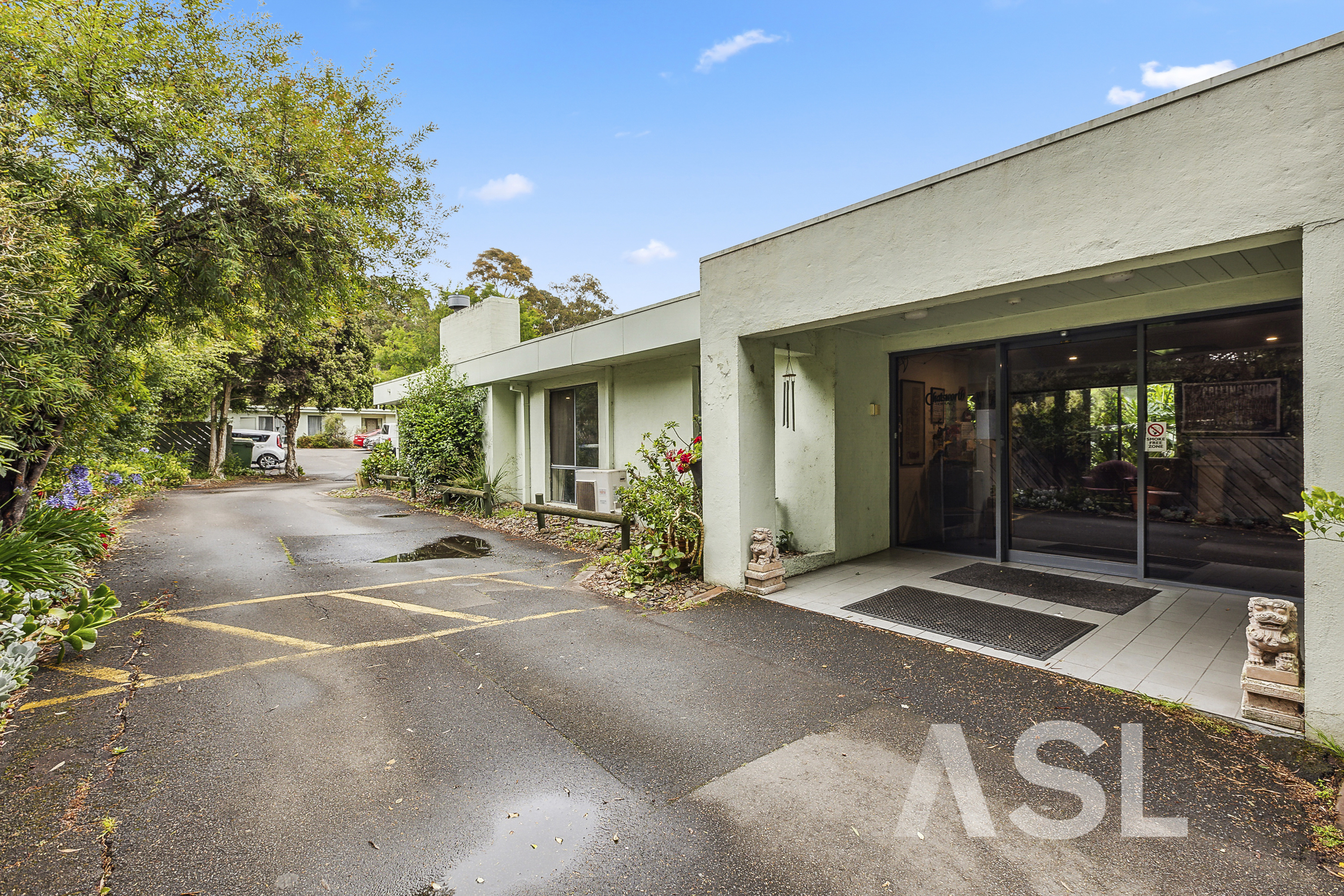
Melbourne’s Aged Care Sales & Leasing Specialists
Providing aged care freehold sales and leasing, business sales, and project management services across Melbourne and Victoria.
183+ Reviews
Our expert sales team has closed many commercial & residential building sales, achieving exceptional results that we take pride in.
We guide you through the application process to enhance your chances of securing a new centre.
We streamline the business selling process for you, managing all aspects, from marketing, to inspections, to a successful sale.
We offer consultancy services to developers of new childcare centers, ensuring your asset is in good hands.

Specialist Aged Care Team
With over 30 years in the aged care sector and a dedicated in-house team, we are Melbourne's leading aged care agents.
Proven Sales Experts
Our team of aged care experts consistently deliver exceptional results. A successful sale is well and truly within reach.

Industry Connections
We maintain relationships with specialised aged care valuers and have access to expert finance brokers to assist in transactions.
ASL is really great. ... Very respectful and always respond timely. I will recommend ASL to anyone who’s looking for rent, buying or selling.
Fazal Akbar
Raised in the business
For the dedicated Aged Care Department at ASL Real Estate, selling your aged care business is about so much more than just that. It means finding a buyer who has the qualifications, experience and passion to ensure it will flourish long into the future.
Connected to aged care
In order to determine the perfect fit, we thoroughly evaluate everything from the market relevance to capital investment, profitability, staff engagement and how each of these factors translates to long term sustainability so your aged care business is given the care it needs.

Testimonials
Always a phone call away
ASL have always been a great help in growing our successful businesses. Celestine and Wendy are always a phone call away and so accommodating for all of our needs. Thank you for all of your support over the years!
Sally Orr - Business
The first and the best
I been dealing with so many Real Estate in Melbourne since 18 years. This is the first and the best one, I have find very helpful to the customer to help out with all possible way that they could. Highly professional, understanding the customer needs and the situations. Respectful staffs. ... I could give them 9*.
Punitha Krishnamoorthi
Incredibly knowledgeable
I have recently had the pleasure of working with Wendy Zhou. Wendy is incredibly knowledgeable about the real estate market. She was always available to answer my questions and address any concerns that I had. I highly recommend her!
Rachel Sun
Expert Aged Care Project Management
ASL Aged Care Services can be your strategic agent for any of the following services. Simply choose what you need from us, and let our knowledge of the childcare industry do the rest.
- Site Suitability Analysis
- Purchasing Negotiations
- Lease to Suitable Qualified Tenant
- Stage 1 Project Management - Lodge Planning Permit, Council Lodgements, Design and Develop of Plans
- Stage 2 Project Management - RFI
- Stage 3 Project Management - Endorsement
- Engagement of Professionals for Building Permits
- Tendering, Builder Selection and Contract Assistance
- Property Management or Asset Sale
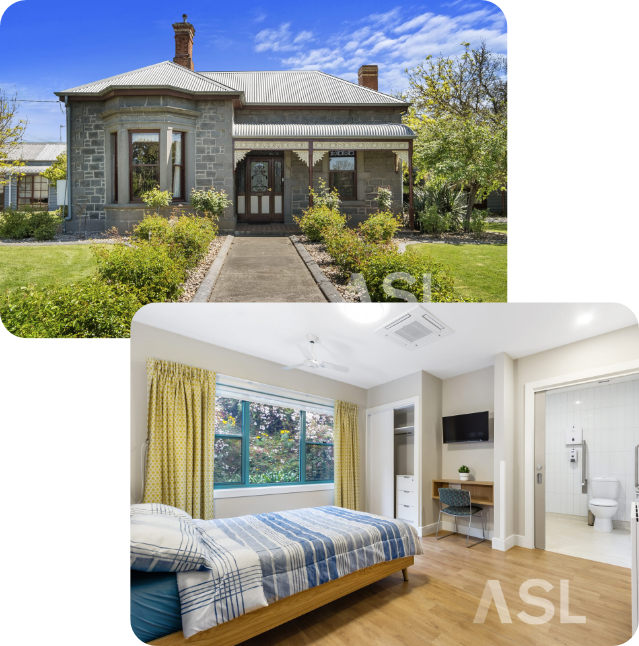
Aged Care Team
Ready to serve as your strategic partner, ASL provides a range of services tailored to your needs, backed by over 30 years of experience in the aged care industry. Our team works together to deliver reliable results, ensuring your property attracts the right attention and interest.
FAQ's
-
What due diligence is required when buying or leasing an aged care facility?
Due diligence includes property inspections, compliance audits, financial reviews, tenant/operator background checks, and verification of licenses and certifications. Investors should also review occupancy history, accreditation reports, and staffing models, as these directly impact business sustainability and compliance with the Aged Care Quality Standards. A legal review of existing resident agreements and any refundable accommodation deposits (RADs) is also crucial to understand liabilities.
-
How does location affect aged care property investment?
Proximity to hospitals, transport, and community amenities influences both occupancy and resident satisfaction. Locations with growing elderly populations often offer better long-term returns. Regional considerations, local council regulations, and community demographics should all be evaluated before purchase.
-
What is involved in an aged care property lease?
Leases typically include terms around facility usage, compliance obligations, capital improvements, and lease length. Long-term leases (often 10–20 years) are common to provide stability for operators and investors.
The lease should also address responsibilities for maintenance, regulatory compliance, and resident safety. Well-structured leases often include performance clauses to ensure operators maintain accreditation and occupancy standards, as well as escalation clauses to protect investors against inflation.
-
Are there financing options for purchasing aged care properties?
Yes. Buyers can access traditional property finance, specialised aged care investment loans, and in some cases, joint ventures or private equity arrangements. Lenders will assess regulatory compliance, occupancy, and operator track record when considering funding.
Financing structures may also vary depending on whether the purchase includes the operating business or just the freehold property.
-
Can I sell an aged care business separately from the property?
Yes. Some operators sell their business operations while leasing the facility from the owner. This separation can benefit investors who want to own the real estate without managing operations, while the operator maintains day-to-day care delivery. This structure is common where operators want to free up capital or focus on service delivery rather than property ownership. However, lease terms must be carefully negotiated to protect both parties and ensure continuity of resident care.
-
How are aged care businesses valued?
Valuations consider both the property and the business operations. Factors include occupancy rates, profit margins, operational efficiency, resident demographics, staffing, and compliance history. Aged care valuers often provide a combined valuation to reflect both the freehold asset and the ongoing business. Additional considerations may include the property’s redevelopment potential, regional demand forecasts, and the operator’s reputation, which can significantly influence goodwill value.
-
How do regulatory requirements affect aged care property sales and leases?
All aged care facilities must comply with the Aged Care Act 1997, state building codes, fire safety standards, and health regulations. Buyers or tenants must ensure that facilities meet these standards, including staff-to-resident ratios, accessibility, infection control, and fire safety infrastructure.
Regulatory compliance impacts both the sale price and lease terms. Non-compliance can lead to sanctions, reduced funding, or even loss of accreditation, which directly affects business value and long-term viability.
-
What types of aged care properties are available for sale or lease in Victoria?
Aged care properties include fully operational residential aged care facilities, independent living units (ILUs), and mixed-use complexes that combine care services with accommodation. Properties can be freehold or leasehold, and sizes range from small boutique homes to large-scale, multi-floor complexes.
-
What ongoing obligations do property owners have in leased aged care facilities?
Owners are generally responsible for structural maintenance, compliance with building codes, and ensuring the facility meets licensing standards. Lease agreements often outline responsibilities for upgrades, capital works, insurance, and emergency compliance, which must be monitored regularly.
Owners may also be required to cooperate with accreditation bodies during inspections, even if they are not directly involved in day-to-day operations, since compliance obligations ultimately tie back to the property itself.




